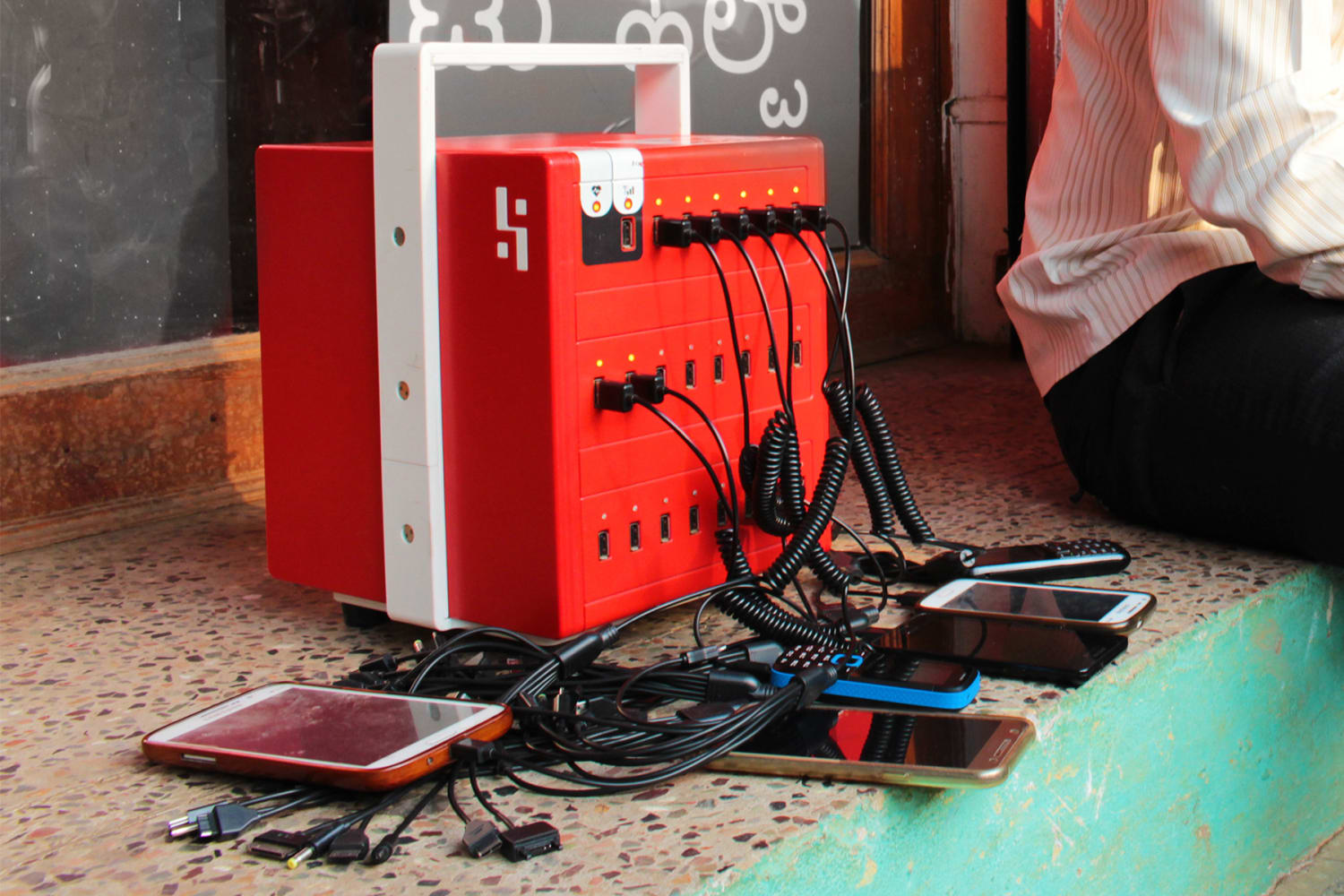Over two days of sessions in London, speakers celebrated technology’s latest developments in fields ranging from healthcare to finance, from energy to art. Throughout the event, the notion of ‘humane tech’ emerged to describe the ways in which technology is being used to improve the state of the world. Increasingly, technology startups are harnessing the latest advances, including virtual reality and mobile technologies, to solve societal problems and tackle real issues.
Alexandra Ivanovitch, founder of Simorga, presented the company’s mission to develop VR apps that combat prejudice. The work follows research from BeAnotherLab which demonstrated that racial and gender biases can be reduced using virtual reality. When a user experiences the world as someone else, essentially swapping their body for a different one, empathy increases and bias decreases. Stanford University’s Virtual Human Interaction Lab has created a similar experience in which participants encounter racism while embodying someone else. The project’s mission is reminiscent of Sandy Speaks, the chatbot that uses artificial intelligence to educate people about the Black Lives Matter movement.








